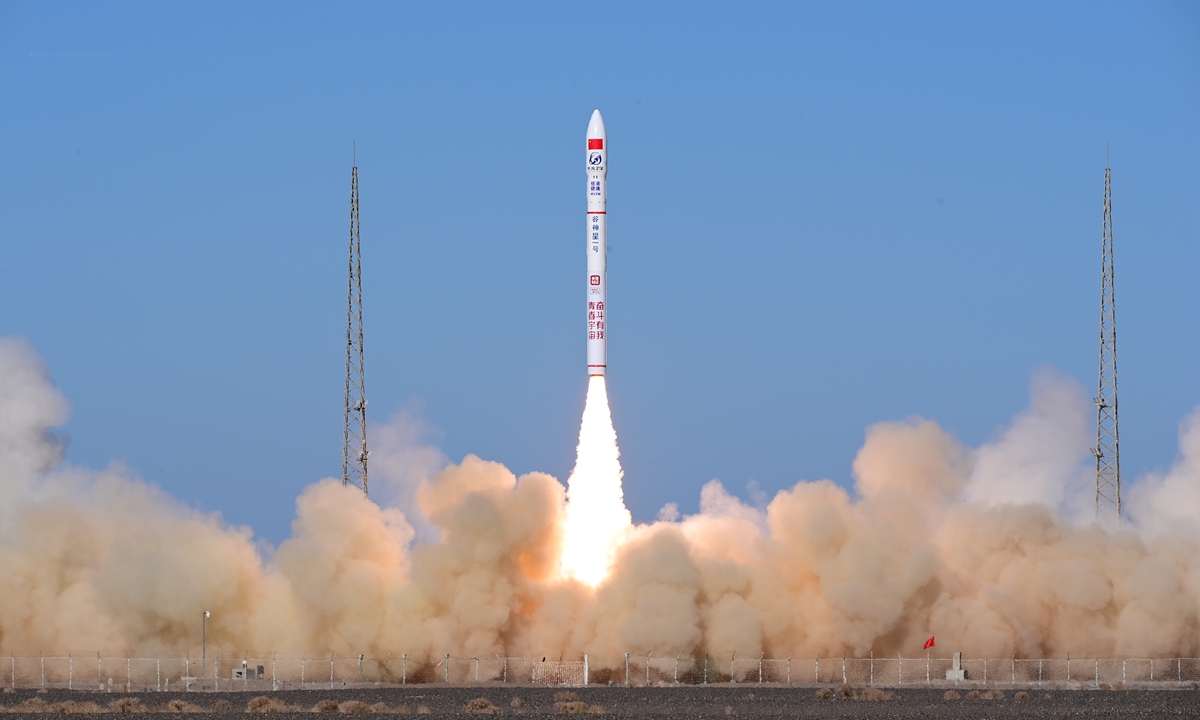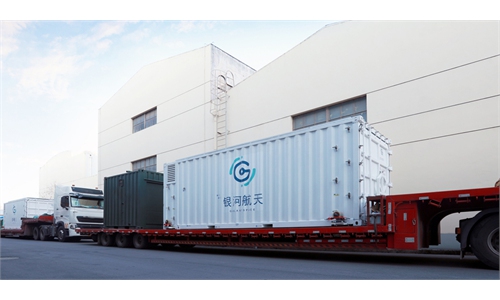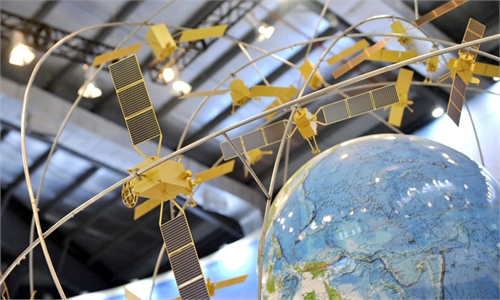Chinese private satellite firm Galactic Energy sends five satellites into a solar synchronous orbit

Chinese private satellite firm Galactic Energy sends five satellites into a solar synchronous orbit on November 16, 2022. Photo:Wang Jiangbo
Chinese private aerospace venture Galactic Energy Space Co successfully launched the Ceres 1 (Yao 4) carrier rocket from the Jiuquan Satellite Launch Center in Northwest China's Gansu Province on Wednesday afternoon, successfully placing five commercial satellites into a solar synchronous orbit.
It was the fourth consecutive successful launch of the firm's Ceres-1 commercial rocket. Galactic Energy Space has maintained a 100 percent success rate, sending 14 satellites for seven clients into orbit, consolidating the record for private commercial rocket launches in China, the company said in a statement sent to the Global Times on Wednesday.
It was also the first time for the domestic low-orbit satellites constellation to use private commercial rockets for launch, promoting the healthy development of the ecosystem of domestic commercial space industry, which is a milestone, the company said
The five satellites - Jilin-1GF03D08, 51, 52, 53, 54 - are the third generation optical remote sensing satellites independently developed by Chang Guang Satellite Technology Co, the first commercial remote sensing satellite company in China. Jilin-1 satellite constellation is the core project of the company.
Jilin-1 satellite constellation can provide high-quality remote sensing information and product services for agricultural and forestry production, environmental monitoring, smart city, geographical mapping, land planning and other fields, according to the company.
Galactic Energy also utilized its independently developed transfer launching vehicle during this launch for the first time, which shortened preparation time from four to one hour, addressing the issue of long preparation time and low launch frequency and lay ground for the mass launch and delivery of Ceres-1 commercial rockets.
China has been encouraging the innovative growth of the commercial space technology sector. The nation's aerospace sector opened its doors to private capital for the first time in 2015. Over 370 commercial aerospace enterprises had registered in the country, according to an industrial report in 2021.
China's top economic planner, the National Development and Reform Commission (NDRC), added "satellite internet" to a list of "new infrastructure" in a meeting in April 2020. The NDRC also provided a clear definition of new infrastructure, with areas including satellite internet, 5G, the Internet of Things and artificial intelligence to be targeted for investment.
Global Times



